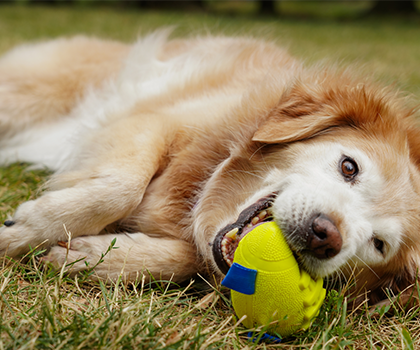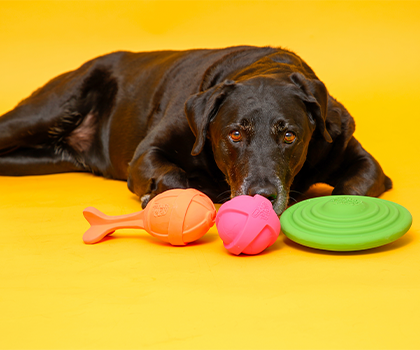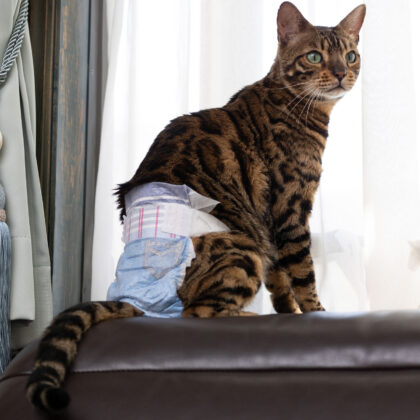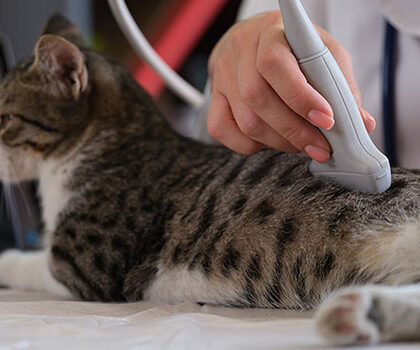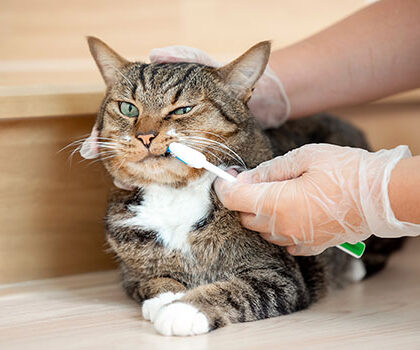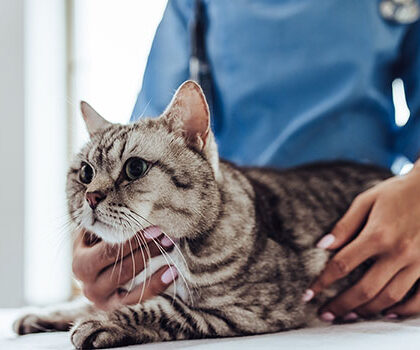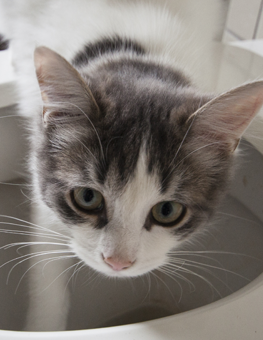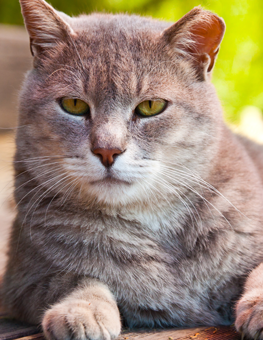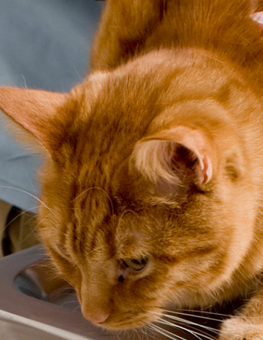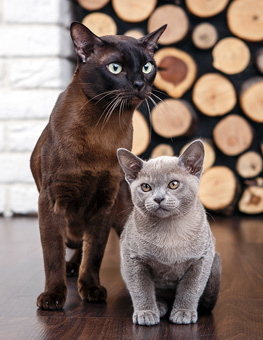Tips for Keeping Your Pet’s Bed Flea-Free
If you own an outdoor cat or a dog that enjoys spending most of its days outside, you might be adamant about flea and tick control because of the parasites that lurk in the wilderness.
However, the Gridley Herald reported that the real problem might not be in your yard - your pet's sleeping area may be the real trouble.
Many experts agree that one of the most overlooked areas of the house is the dog or cat bed. Parasites can thrive in this place and make a comfortable home within proximity to their host. To make matters worse, many of these fleas and ticks may carry diseases that can negatively impact animal wellness. "Fleas thrive in a warm environment, and their larvae feed off debris such as pet dandruff and adult flea feces, making your pet’s bed the perfect breeding ground," said Sean Wensleya, a veterinarian with People's Dispensary for Sick Animals. "If your dog or cat sleeps on your bed, then that's one of the places where the fleas will thrive."
It's also worth noting that fleas can reproduce at a rapid rate. This means that if they're allowed to linger in an area such as where an animal sleeps, the situation can quickly develop into an infestation. However, there are a few ways that pet parents can ensure that they aren't allowing this to occur. Here are some tips for dog and cat owners who want to take proactive measures.
- Wash pet bedding frequently. Ideally, an animal's bed should be washed once a week to eliminate any fleas and eggs that may be lingering in the material.
- Vacuum routinely. In between washings, pet owners should be adamant about vacuuming around areas where animals sleep. This can not only remove dirt and debris, but keep ticks and fleas from sticking around if they've come in from the outdoors.
- Use an efficient parasite treatment. Prevention can be one of the best defenses against parasites and infestations. Products such as Hartz® UltraGuard Pro® Flea & Tick Treatment for Dogs and Puppies can keep fleas, ticks and mosquitoes away for up to 30 days. Flea collars can provide similar results and keep parasites at bay for a maximum of seven months.
This content is provided by the flea prevention experts at Hartz. From flea drops to flea treatments for the home and yard, we have the solution for you.



